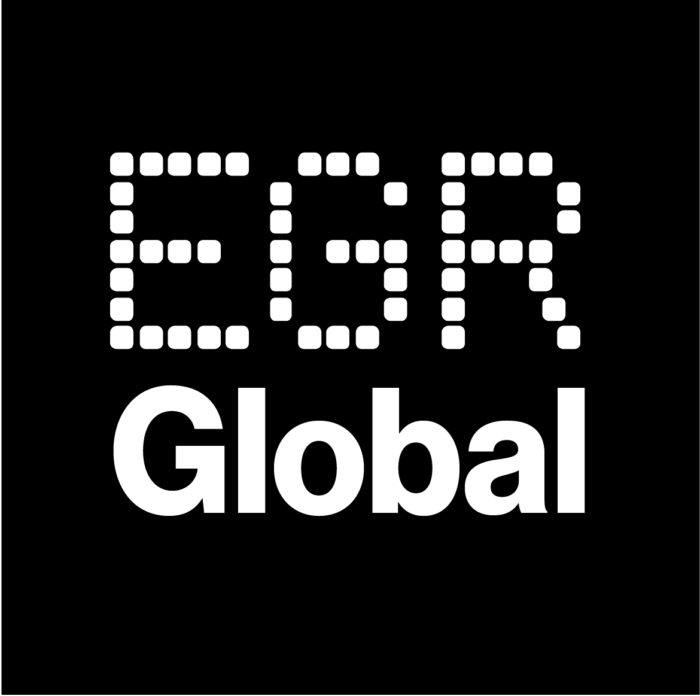
EGR Power 50 2020: Betsson (7)

Proudly sponsored by
7. Betsson (10)

FINANCIALS: Q3 revenue hit an all-time high of SEK1.68bn, beating Q2’s total of SEK1.53bn, as EBIT jumped 55% to SEK329m
STRATEGY & IMPACT: As a casino-focused firm (78% of revenue in Q3) with a panoply of pan-European brands, it was able to capitalise on players moving online this year
GEOGRAPHIC REACH: Licensed in 15 jurisdictions, the Nordics and Western Europe make up almost 70% of the business, yet the US and Latam are seen as growth areas
INFLUENCE & LEADERSHIP: Still a major player in the Nordics. A strong focus on RG, underlined by customers interactions increasing from 21,300 in Q1 to 91,900 in Q3
By climbing three places on last year’s rankings, Betsson has secured its highest position since 2014. And 2020 has proved to be an eventful period for the Nordic-centric operator as it extended its reach into emerging territories while battling regulatory headwinds in core markets closer to home. In July, Betsson snapped up a 70% stake in Colbet in Colombia, South America’s only regulated online gaming jurisdiction, while Brazilian horseracing operator Suaposta, which Betsson acquired a 75% stake in last December, later migrated onto Betsson’s platform, added fixed-odds betting and rebranded to Betsson.
The Malta-based operator also inked a 10-year access deal in Colorado through a partnership with Dostal Alley Casino to make its US sports betting debut in the first half of 2021. Due to the tumultuous global events of 2020, it now seems like a lifetime ago when Betsson announced in February it had agreed to purchase GiG’s B2C brands, including Rizk, Guts, Kaboo and Thrills, in a deal worth €31m. The acquisition, completed in April, added to Betsson’s bulging portfolio of sports betting and gaming sites (currently 20). A brand-new site was also unleashed on the Swedish market in the shape of pay and play brand Jalla Casino, which president and CEO Pontus Lindwall later hailed as the “star performer”.
Due to regulatory pressures and unsustainable costs, Betsson has gradually scaled back its footprint in the UK, including closing its office there in 2018, resulting in the market accounting for a negligible 3% of group revenue. This streamlining went further in October 2020 when Betsson relinquished three of its four licences to the UK regulator and withdrew eight of its nine brands, although eyebrows were raised when relatively unknown Rizk was selected as the sole brand. Betsson had been operating a hodgepodge set-up with the nine brands on three different platforms under the four licences, so the purge is expected to increase efficiency at the very least.
Propelled by casino’s strong showing and the migration of land-based players to online due to coronavirus, the Stockholm-listed operator’s revenue during the third quarter surged 31% (27% organic) to reach all-time highs as active customers increased 46% to over 920,000. In addition, Betsson’s investors have been left feeling more than a little smug after seeing the company’s share price rise more than 80% in the past 12 months.
